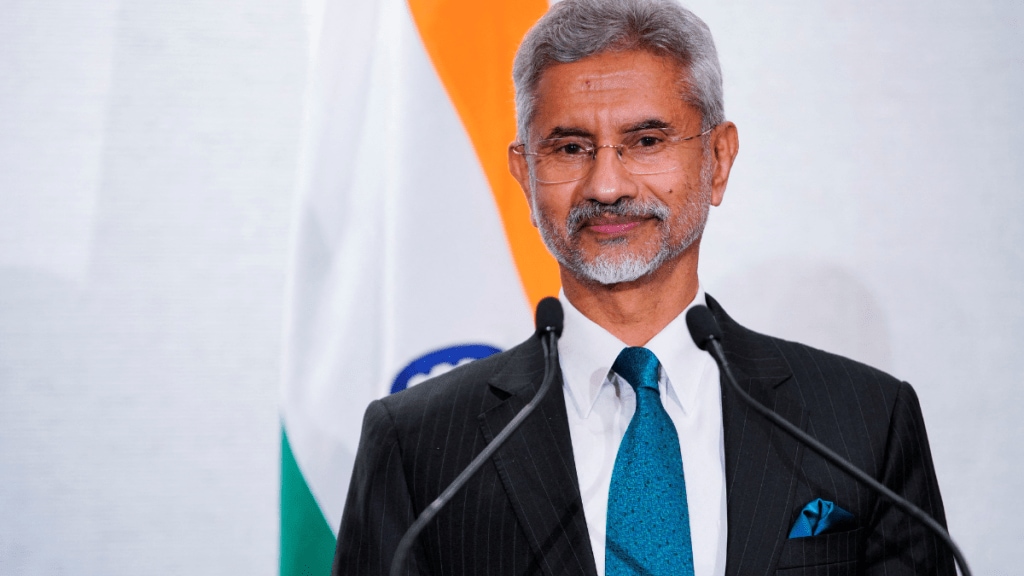External Affairs Minister S. Jaishankar emphasized that the future of India-China relations would significantly shape the global order, but made it clear that peace along their shared border must be restored for any substantial progress to be made. Speaking at an event hosted by the Asia Society and the Asia Society Policy Institute on Tuesday, Jaishankar acknowledged India’s “difficult history” with China, noting that the “parallel rise” of the two nations presents a “very unique problem.”
“The India-China relationship is key to the future of Asia. In a way, if the world is to be multi-polar, Asia must also be multi-polar. Therefore, this relationship will influence not just the future of Asia, but potentially the future of the world as well,” Jaishankar said at the event titled ‘India, Asia, and the World.’
Jaishankar highlighted the complex nature of this relationship, as India and China are neighboring countries, each with over a billion people, both rising in global prominence, and sharing overlapping regions, including a common border. “The parallel rise of India and China in global politics presents a unique challenge,” he stated.
Clarifying recent developments, Jaishankar pointed out that while 75% of the disengagement process between Indian and Chinese troops has been completed, the main issue remains patrolling the Line of Actual Control (LAC). “Much of the disengagement at friction points has been sorted out, but patrolling arrangements, disturbed since 2020, still need resolution.”
He added that the next steps involve de-escalation, as both countries have stationed large numbers of troops along the border, which poses risks. “Once we manage the disengagement, the larger issue is how to move forward with the rest of the relationship,” Jaishankar said.
Providing historical context, he noted that the entire 3,500-kilometer border between India and China is disputed, making it essential to maintain peace so that other aspects of the bilateral relationship can progress. “There were a series of agreements over the years to ensure a peaceful border, but in 2020, despite these explicit agreements, China moved a large number of forces to the LAC, violating these terms,” he explained.
Referring to the 2020 Galwan Valley clash, Jaishankar said, “Once troops are deployed very close to each other, a mishap is likely, and that’s what happened.” The clash resulted in the deaths of soldiers on both sides and has since cast a shadow over the bilateral relationship.
Until peace and tranquility are restored along the border and previous agreements are adhered to, Jaishankar underscored that it would be challenging to move forward with other aspects of the India-China relationship. The focus over the last four years, he said, has been on disengaging the troops, ensuring they return to their military bases from forward deployments.
In addition to his remarks on India-China relations, Jaishankar, who is set to address the General Debate of the 79th session of the UN General Assembly on Saturday, held a series of bilateral meetings with global counterparts at the UN Headquarters.
